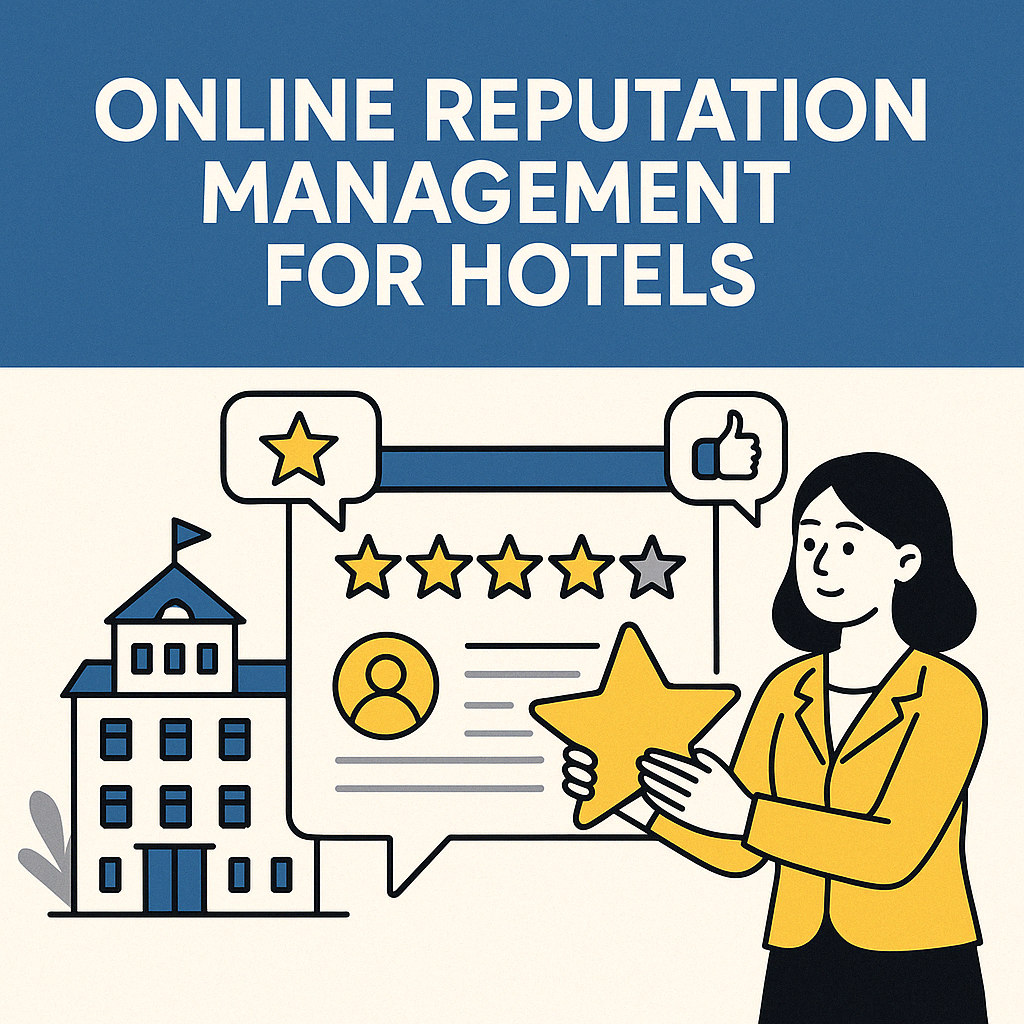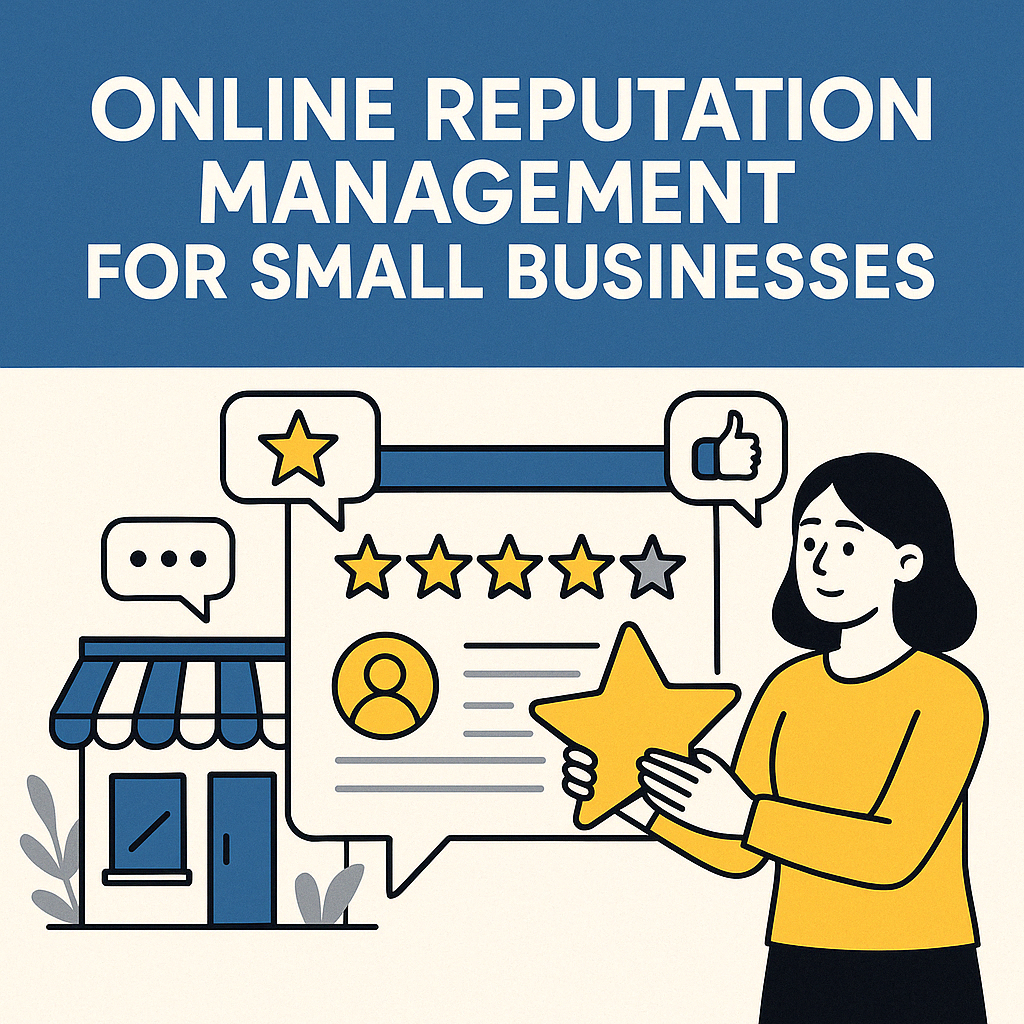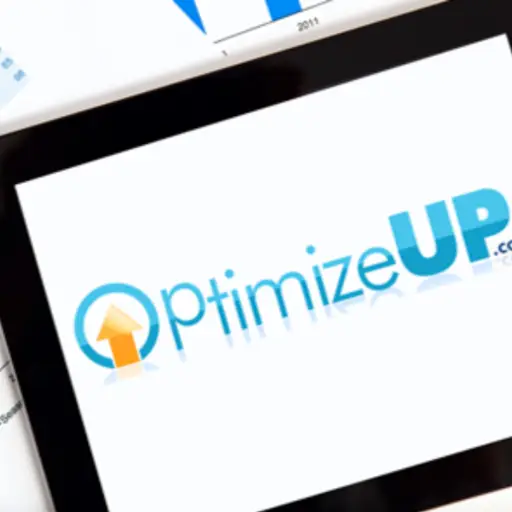Why Reputation Management Is Crucial in the Hospitality Industry
Hospitality is built on trust, experience, and first impressions—many of which are now formed online. A single review, star rating, or social media mention can influence whether a potential guest books or bounces.
According to Tripadvisor research, 81% of travelers always or frequently read reviews before booking accommodations. Moreover, 52% would never consider booking a property without any reviews.
With increasing competition and transparency, hotel reputation management isn’t a luxury—it’s a necessity.
Guest trust and loyalty are hard-earned and easily lost. Poor reviews, viral complaints, or misleading content can derail revenue and brand trust. Conversely, a strong online reputation fuels growth, boosts bookings, and builds a consistent stream of return customers.
Hotels face the added challenge of dealing with a diverse clientele, language barriers, seasonal staff turnover, and industry-wide review pressures from OTA platforms. This makes an effective hospitality reputation management strategy both complex and indispensable.
Core Pillars of Hospitality Reputation Management
Monitor, Manage, and Engage
1. Monitor All Review Platforms
Reputation vigilance starts with awareness. Hotels must keep an eye on:
- Google Reviews
- Tripadvisor
- Booking.com
- Expedia
- Yelp
- Facebook and Instagram
- Trustpilot (for boutique and independent properties)
Use tools like:
- ReviewTrackers
- Reputology
- Google Alerts
- Brand24
- Social Mention
Set daily or weekly alerts to track mentions and reviews across platforms.
2. Respond with Strategy and Empathy
Every review is a chance to show future guests how you operate. Negative feedback offers visibility into operational blind spots, while positive feedback is a marketing opportunity.
Guidelines for Responses:
- Timeliness: Respond within 24-48 hours.
- Tone: Stay professional, warm, and proactive.
- Personalization: Address the reviewer by name and reference specific details.
- Recovery: For negative reviews, apologize sincerely and offer a next step offline.
Example Response:
Dear Jessica,
Thank you for taking the time to share your feedback. We're deeply sorry to hear about the issue you experienced and appreciate the opportunity to make it right. Please reach out to our Guest Relations Manager at [email] so we can resolve this directly.3. Establish a Reputation Protocol for Frontline Staff
Front desk teams, concierges, bellhops, and housekeeping should understand their role in influencing guest reviews. Regular training, review transparency, and incentives tied to review performance help create a culture of excellence.
Best practices:
- Review recent feedback in team huddles
- Celebrate positive guest mentions by staff name
- Role-play response and recovery scenarios
The Real Impact of Hotel Reviews
- Booking Decisions: 4 in 5 guests rely on recent reviews to book.
- SEO Visibility: More reviews mean stronger local search rankings.
- Revenue Influence: A 1-star increase on Yelp can boost revenue by 5-9%.
- Trust Building: 88% of consumers trust online reviews as much as word-of-mouth.
- Repeat Stays: Guests who leave positive reviews are more likely to return.
A strong online reputation turns browsers into bookers.
Optimizing for Hotel Review Generation
Encouraging guests to share their experiences is key. More than quantity, you want diversity (platforms), frequency (recency), and quality (genuine and descriptive).
6 Review-Boosting Tactics
- Automated Follow-Up Emails: After checkout, thank guests and invite them to leave a review.
- QR Codes in Rooms: Place signs prompting guests to review on their preferred platform.
- Loyalty Program Points: Offer incentives (that comply with platform rules) for sharing feedback.
- Wi-Fi Login Portals: Redirect guests to a review prompt after logging into hotel Wi-Fi.
- On-Site Tablets: Install review kiosks at checkout counters.
- Engaged Staff: Train frontline workers to ask for reviews after positive interactions.
Also consider:
- Including review links in post-stay surveys
- Asking guests to highlight specific experiences (breakfast, spa, location, etc.)
- Encouraging photo uploads to enrich user-generated content
Always request reviews ethically. Avoid fake or purchased reviews at all costs.
Using Content to Control the Narrative
Hospitality reputation management goes beyond reviews. To dominate search results and suppress negative content:
- Publish guest success stories and testimonials.
- Share behind-the-scenes photos and videos on social media.
- Post blogs answering guest FAQs (e.g., “How to Pick the Best Hotel Room for Families”).
- Create a dedicated page for customer stories or guest highlights.
- Use platforms like YouTube, Instagram Reels, and TikTok to showcase authentic guest experiences.
Consistent publishing helps search engines associate your hotel with quality and trust.
Create content silos around:
- Local attractions
- Dining and amenities
- Staff interviews and hotel culture
- Travel tips and seasonal guides
SEO and Local Search Visibility
To ensure positive content ranks:
- Optimize your Google Business Profile
- Use schema markup for hotel amenities and reviews
- List your property on high-authority local directories
- Encourage positive feedback that includes targeted keywords (e.g., “best hotel in downtown Austin”)
- Embed review snippets in your homepage and booking pages
Maintain NAP (Name, Address, Phone) consistency across all platforms. Local SEO is crucial for map pack visibility and “near me” searches.
Safeguarding Against Defamatory Content
In the hospitality sector, malicious or false reviews can tank a hotel’s reputation. Some are simply unfair; others are flat-out defamatory. That’s where Defamation Defenders can help.
Their services include:
- Legal takedown requests
- Suppression of slanderous content
- Strategic publication of positive content
- Search engine reputation rebuilding
- Negative link removal from SERPs
When dealing with high-risk content that violates platform or legal standards, working with reputation specialists is essential.
Internal Reputation Strategies for Hospitality Teams
Aligning Staff with Brand Reputation Goals
Hotels must build a reputation-first culture.
- Conduct reputation awareness training
- Reward departments based on positive guest mentions
- Include ORM metrics in performance reviews
Create alignment between your brand promise and guest perception. For example, if your branding emphasizes “peace and privacy,” train all staff on quiet hours, privacy protocols, and discreet service practices.
Examples of Hotel KPIs Tied to Reputation:
- Number of positive guest mentions per staff member
- Average review score by department
- Review response time average
- Guest survey sentiment analysis
Track KPIs over time and report progress in monthly ops meetings.
Crisis Management in the Hotel Industry
A bad news article, viral tweet, or legal scandal can spiral quickly. Create a crisis protocol before it’s needed.
Hotel Crisis ORM Plan:
- Freeze Scheduled Content
- Acknowledge Publicly (when appropriate)
- Gather Internal Facts and Context
- Release Controlled Statements
- Partner with ORM Experts like Defamation Defenders
- Implement Monitoring Tools to track spread and sentiment
Transparency and speed are vital when controlling a negative narrative. Silence can be interpreted as guilt. Always have an up-to-date crisis communication template on file.
Tech Tools for Hotel Reputation Management
- TrustYou – AI-powered review analytics
- Revinate – Review aggregation and email marketing
- Birdeye – Multi-location review management
- Google Business Manager – Crucial for visibility
- Triptease – Conversion optimization with review widgets
- Defamation Defenders – ORM and content suppression specialists
Integrate tools into your CRM and property management systems (PMS) to centralize feedback analysis.
FAQ: Reputation Management for Hotels
Focus on staff hospitality, room cleanliness, and prompt customer service. Follow up with guests post-stay asking for reviews and fix issues swiftly.
Tripadvisor, Google, Booking.com, Expedia, Yelp, and social media platforms like Facebook.
Yes. Reviews that violate content policies can be flagged or removed. For complex cases, Defamation Defenders offers expert removal and legal takedown support.
Tools like ReviewTrackers, Revinate, and Google Alerts are highly effective.
Ideally within 24-48 hours. Timely responses boost guest satisfaction and future trust.
Cleanliness, friendly service, seamless check-in/check-out, good location, fast Wi-Fi, and accurate descriptions. Positive reviews often cite these elements.
Respond to as many reviews as possible. Acknowledging positive reviews strengthens loyalty and encourages others to share their experiences.
Works Cited
Tripadvisor Insights. “Travelers’ Use of Reviews and Ratings.” Tripadvisor, https://www.tripadvisor.com/TripAdvisorInsights/w617.
BrightLocal. “Local Consumer Review Survey 2024.” BrightLocal, https://www.brightlocal.com/research/local-consumer-review-survey/.
Harvard Business School. “Reviews, Reputation, and Revenue: The Case of Yelp.com.” https://hbswk.hbs.edu/item/reviews-reputation-and-revenue-the-case-of-yelp-com.
Moz. “Local SEO: The Definitive Guide.” Moz, https://moz.com/blog/local-seo-the-definitive-guide.





